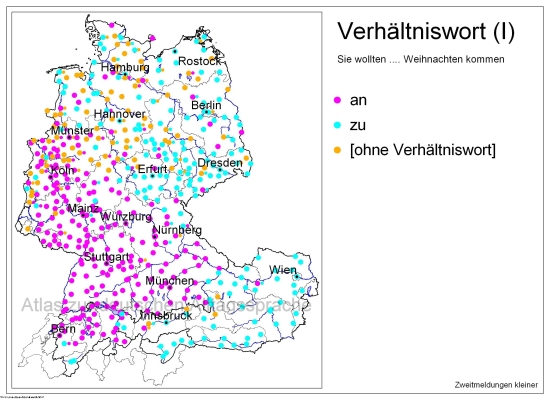According to the dictionary, Weihnachten is neuter, yet the "fröhliche" variant seems to be widely used. That does not happen eg with "gutes Neues Jahr", which is as expected since Jahr is neuter.
4 Answers
I will also throw in my opinion on this.
As you know, compound nouns (generally) adapt the gender of the last compound part.
Thus "Weihnacht" (from "Die Nacht") is female.
fröhliche Weihnacht
is correct then. The funny part comes now. "Weihnachten" (n) is actually the substantivated progressive form of "Weihnacht".
weihnachten --> (to) christmas
For reference: in the poem Knecht Ruprecht by Theodor Storm we find the following passage:
Von drauß vom Walde komm ich her;
ich muß Euch sagen es weihnachtet sehr!
When substantivating verbs, we can in general assume the neuter gender:
Das Weihnachten
correctly declined this is then:
fröhliches Weihnachten
This means, up to now, grammatically correct would be:
fröhliche Weihnacht / fröhliches Weihnachten
But Weihnachten also is an old plural form in the old German Mittelhochdeutsch, as seen in this post. Thereof we can conclude there also exists
Die Weihnachten
and that leads to the grammatical correctness of
fröhliche Weihnachten!
-
Yes, though it's strange to say something that's the equivalent of "merry Christmases" or "felices Navidades", "buoni Natali" etc.– perssonCommented Dec 16, 2013 at 10:02
-
2It might be unaccostumed when comparing to the common phrases in other languages, but Christmas is usually two days and (counting Christmas Eve) two nights -- so for a term containing the
Nacht, using plural isn't that strange :D Commented Dec 16, 2013 at 11:42
I'm most familiar with
Fröhliche Weihnacht!
(in parts due to this Christmas carol) and
Frohes (Weihnachts-)Fest!
However,
Fröhliche Weihnachten!
and
Fröhliches Weihnachten!
are both used as well. The former would technically be incorrect (or possibly plural), but is probably the more common one of the two - in particular, I think I've never seen the latter in print.
There are regional differences involved, though, so your mileage may vary...
Note that
Eine fröhliche Weihnachten wünschen...
feels wrong to me, whereas
Fröhliche Weihnacht(en) wünschen...
and
Ein fröhliches Weihnachten wünschen...
don't, which agrees with c.p.'s Wiktionary link that has feminine die Weihnacht, neutral das Weihnachten and plural die Weihnachten.
One finds the explanation in the first line of the Wiktionary entry for this word.
"Regional wird die Weihnacht f, das Weihnachten n und die Weihnachten (Plural) unterschiedlich gebraucht."
Weihnacht (feminine noun) and Weihnachten (neuter) are then different words. If you find fröhliche Weihnachten, it must be the plural.
By the way, slightly off-topic: Does one say an or zu Weihnachten?
Sie wollten {an·zu} Weihnachten kommen.
The answer is here, taken from one of my favourite sources (Atlas zur deutschen Alltagssprache):

According to the dictionary, Weihnachten is neuter, yet the "fröhliche" variant seems to be widely used.
Yes. The simple answer is, it's plural. Weihnachten = geweihte Nächte = holy nights.

Frohes Weinnachten